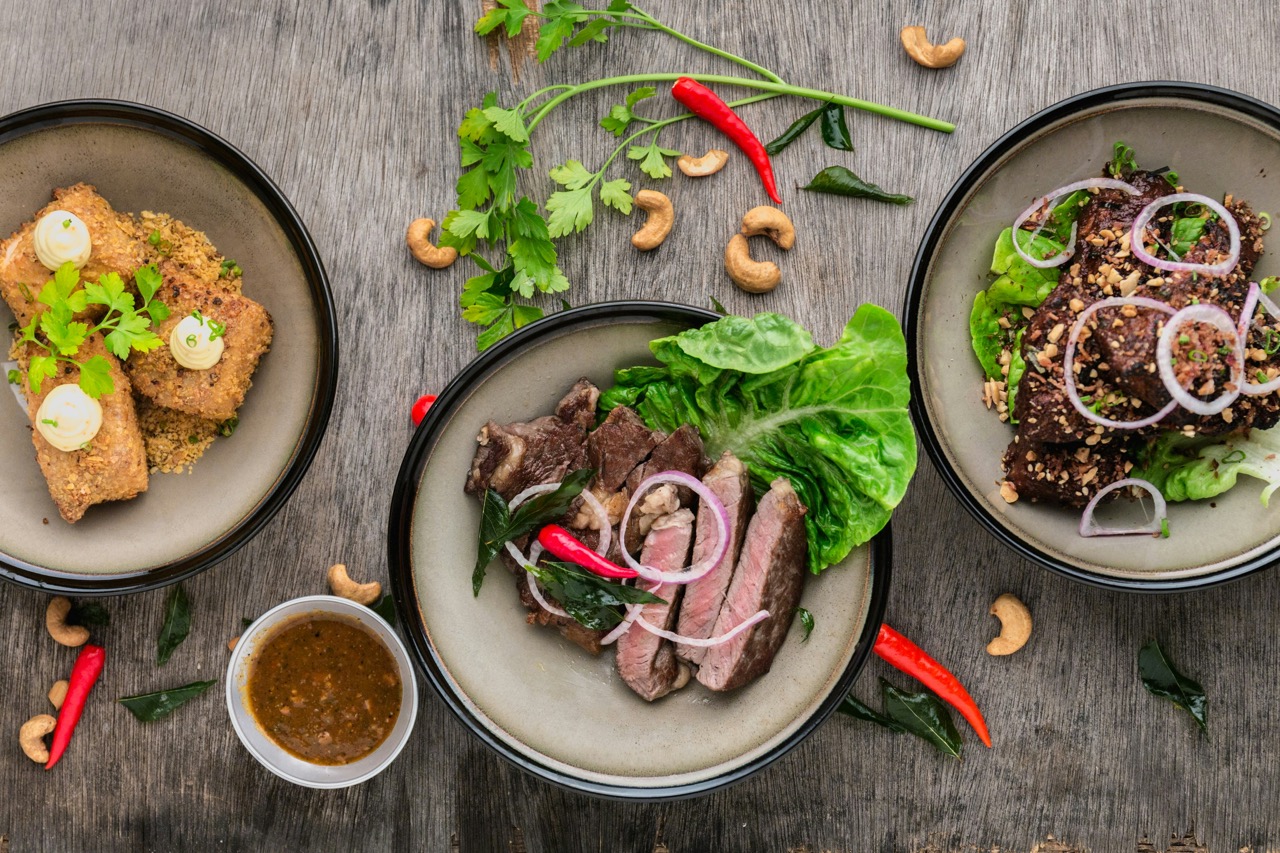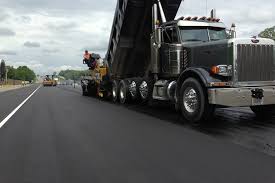Impact of Artificial Intelligence on Food Production
The world of food production is rapidly evolving, and artificial intelligence (AI) is playing a major role in this transformation. The impact of artificial intelligence on food production is vast, improving everything from crop yields to food safety. With AI technology becoming more advanced, it is helping food producers optimize their operations, reduce waste, and increase efficiency, all while meeting the growing demand for sustainable food sources.
The Role of Artificial Intelligence in Modern Food Production
AI has become a crucial tool in modern food production. From farm management to food processing, AI is being used to make data-driven decisions that improve outcomes. Farmers can now monitor crops in real-time, predict weather patterns, and use precision farming techniques to maximize yields. In food manufacturing, AI is improving quality control, ensuring that food safety standards are consistently met.
AI in Agriculture: Improving Crop Yields
One of the most significant impacts of artificial intelligence on food production is seen in agriculture. AI-driven technologies like drones, sensors, and robotics are being used to monitor crop health, optimize irrigation, and predict disease outbreaks. These advancements help farmers increase their crop yields while minimizing the use of resources like water and fertilizers.
- Precision farming: AI enables farmers to analyze soil conditions, moisture levels, and weather forecasts to make informed decisions about when and where to plant crops.
- Crop monitoring: AI-powered drones and sensors detect changes in crop health, allowing farmers to act quickly and prevent crop loss.
These technologies help reduce waste, improve efficiency, and contribute to sustainable farming practices.
AI and Food Processing: Enhancing Efficiency
AI has also made a significant impact on food processing, helping companies streamline their operations. AI systems are being used to automate tasks, monitor production lines, and ensure food quality. In food production facilities, AI can:
- Automate repetitive tasks: AI-driven robots can handle tasks such as sorting, packaging, and labeling with precision.
- Monitor quality control: AI systems analyze data from production lines to identify any issues in real time, ensuring that food products meet quality standards.
By improving efficiency in food processing, AI helps reduce production costs and minimize food waste.
Ensuring Food Safety with Artificial Intelligence
Food safety is a top priority in the industry, and AI is playing a key role in ensuring that food remains safe from farm to table. AI can analyze vast amounts of data to detect contamination risks, monitor food storage conditions, and track supply chains for potential hazards.
- Contamination detection: AI systems can detect bacteria, pathogens, or other contaminants in food products, reducing the risk of foodborne illnesses.
- Supply chain monitoring: AI can track the entire food supply chain, from harvesting to distribution, ensuring that food is stored and transported under safe conditions.
These improvements help ensure that food is not only produced efficiently but also remains safe for consumers.
AI’s Role in Reducing Food Waste
One of the lesser-known impacts of artificial intelligence on food production is its ability to reduce food waste. AI systems can predict supply and demand, helping food producers and retailers avoid overproduction and minimize waste. This is crucial in a world where millions of tons of food are wasted every year.
- Supply chain optimization: AI can analyze consumer demand and adjust production levels accordingly, preventing overproduction.
- Inventory management: In restaurants and supermarkets, AI tools can track inventory levels and suggest when to reorder or when to offer discounts on perishable items to avoid spoilage.
By minimizing food waste, AI contributes to a more sustainable and efficient food production system.
AI and Sustainable Food Production
Sustainability is a growing concern in the food industry, and AI is playing a vital role in promoting environmentally friendly practices. From reducing resource use in agriculture to optimizing supply chains, AI helps food producers make more sustainable choices.
- Water conservation: AI systems analyze water usage data to help farmers reduce water waste and improve irrigation practices.
- Reducing carbon footprint: AI can track the carbon footprint of food production and suggest ways to reduce emissions through more efficient processes.
As the demand for sustainable food production grows, AI will continue to play a critical role in helping the industry meet environmental goals.
AI in Food Delivery and Retail
Beyond food production, AI is also making its way into the food delivery and retail sectors. AI-powered delivery platforms can predict customer preferences, optimize delivery routes, and enhance customer experiences. In supermarkets, AI is being used to personalize recommendations, manage stock levels, and ensure that fresh products are always available.
- Personalized recommendations: AI algorithms analyze customer preferences to suggest food items and meal plans tailored to individual tastes.
- Efficient delivery: AI helps delivery platforms optimize routes, ensuring food arrives quickly and at the right temperature.
These advancements are reshaping the way consumers interact with food, making the experience more convenient and efficient.
Conclusion
The impact of artificial intelligence on food production is profound, revolutionizing how we grow, process, and distribute food. By improving efficiency, reducing waste, and ensuring food safety, AI is helping to create a more sustainable and reliable food system. As technology continues to advance, the role of AI in food production will only grow, driving further innovations in the industry.
Popular Questions About AI and Food Production
1. How does AI help in reducing food waste?
AI helps reduce food waste by predicting supply and demand, optimizing production levels, and managing inventory to prevent overproduction and spoilage.
2. Can AI improve food safety?
Yes, AI can monitor food storage conditions, detect contamination risks, and track supply chains to ensure food safety from farm to table.
3. What are the benefits of AI in agriculture?
AI improves crop yields, reduces resource use, and helps farmers make data-driven decisions through precision farming and real-time crop monitoring.







